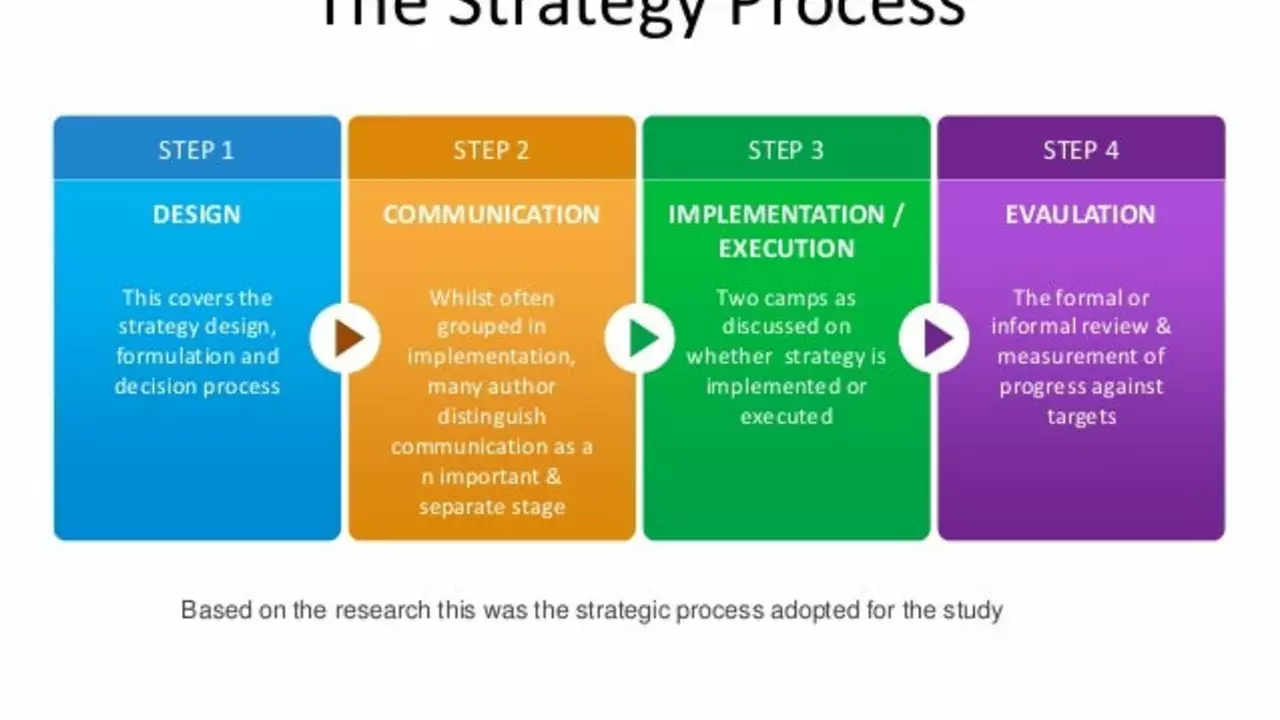
Understanding the Basics of Public Forum Debate
I've always found public forum debates incredibly fascinating. There is something so exhilarating about watching two teams go head-to-head in intellectual battle, each armed with nothing but their knowledge and their quick thinking skills. However, before we can delve into the specifics of what framework is in a public forum debate, it's crucial to understand what a public forum debate entails. At its core, it's a type of debate event that revolves around advocating or opposing a position drawn from a controversial issue, with the goal of convincing the audience and the judge of the validity of one's arguments. It's a test of skill, knowledge, and strategic thinking. But beyond the arguments themselves, there's a much more critical element that many tend to overlook - the framework.
Defining Framework in Public Forum Debate
In a public forum debate, the framework is essentially the lens through which the judge should view the round. It offers a guiding principle or set of principles that dictate what the debate should be about. A good framework guides the judge in evaluating the arguments presented by the debaters. It's like a roadmap, providing direction and clarity amidst the complex and often fast-paced nature of a debate. In simpler terms, the framework is a tool that helps determine what arguments are most important in the debate and how they should be evaluated.
Importance of the Framework in Debate
The importance of the framework in a public forum debate cannot be overstated. It plays an instrumental role in shaping the debate and influencing the outcome. Setting up a solid framework at the beginning of the debate is like setting the rules for the game. It allows the debaters to control the narrative and focus the discussion on the aspects they believe are most significant. Furthermore, the framework helps to ensure a fair and balanced debate by providing a clear criterion that both teams can adhere to. In essence, the framework is a strategic tool that can be used to guide the debate in a direction that favours a particular team's arguments.
Creating a Strong Framework
Now, let's talk about how to create a strong framework in a public forum debate. This process involves a few key steps. Firstly, a good framework should be clearly defined. Ambiguity can lead to confusion and misunderstandings, which can undermine the effectiveness of the framework. Secondly, the framework should be relevant to the topic at hand. It should provide a context within which the arguments can be evaluated meaningfully. Lastly, the framework should be persuasive. It should be compelling enough to convince the judge that this is the best way to view the debate. Remember, a strong framework can make all the difference in a debate, so it's worth devoting some time and thought to it.
Framework in Action
So, what does a framework look like in action? Let's consider a hypothetical debate on the topic of climate change. If one team's framework is that the debate should be evaluated based on the economic implications of climate change policies, they would focus their arguments on the costs and benefits of such policies. On the other hand, if the opposing team's framework is that the debate should be evaluated based on the moral obligation to protect the environment, they would focus their arguments on the ethical considerations of climate change. As you can see, the framework sets the tone for the debate and guides the direction of the arguments. It's an integral part of a public forum debate, and understanding it is crucial to succeeding in this exciting and intellectually stimulating activity.
